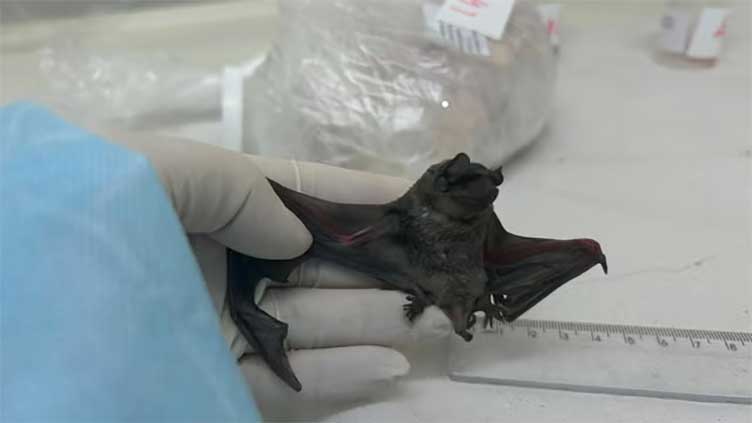New coronavirus discovered in Brazil bat

Labs will determine risks from the virus
(Web Desk) - A new coronavirus discovered in bats in Brazil has been found to share similarities with the deadly Mers virus but its risk to humans remains unclear, scientists say.
Researchers from São Paulo and Ceará discovered the novel coronavirus in collaboration with colleagues from Hong Kong University (HKU), and found it resembles the Middle East respiratory syndrome virus (Mers-CoV).
The Mers virus was first identified in 2012 in Saudi Arabia and has since led to over 850 deaths with cases of infection reported across more than two dozen countries.
The new coronavirus discovered in Brazil has a genetic sequence with about 72 per cent similarity to the Mers-CoV genome, scientists say.
Specifically, the spike protein of the new virus, which it uses to attach to host cells, shows 71.74 per cent similarity with the Mers virus spike protein, they say.
“Right now we aren’t sure it can infect humans, but we detected parts of the virus’s spike protein [which binds to mammalian cells to start an infection] suggesting potential interaction with the receptor used by Mers-CoV,” said study first author and PhD candidate Bruna Stefanie Silvério.
Scientists hope to conduct further experiments in Hong Kong this year at high-biosecurity laboratories to determine the risks posed by the new virus to humans.
“This monitoring helps identify circulating viruses and risks of transmission to other animals, and even to humans,” said Ricardo Durães-Carvalho, another author of the study.
In the latest study, published in the Journal of Medical Virology (JMV), scientists screened 423 oral and rectal swabs from 16 different bat species.
Researchers identified seven coronaviruses in five out of 16 oral and rectal swabs from bats collected in the city of Fortaleza in northeastern Brazil.
They found that the new virus has “high similarities” to Mers-related coronavirus strains found in humans and camels.
Scientists also spotted evidence of the virus genome mixing and changing in a process known as recombination.
The findings highlight the “extensive genetic diversity” of coronaviruses, the presence of their novel lineages, and the occurrence of recombination events among bat viruses circulating in Brazil, researchers say.
“Bats are important viral reservoirs and should therefore be submitted to continuous epidemiological surveillance,” Dr Durães-Carvalho said.


